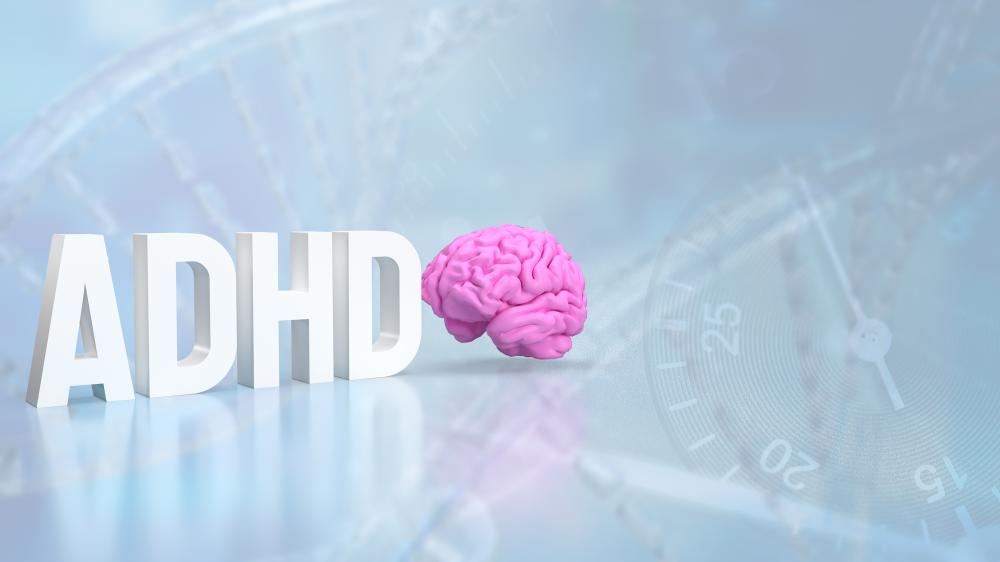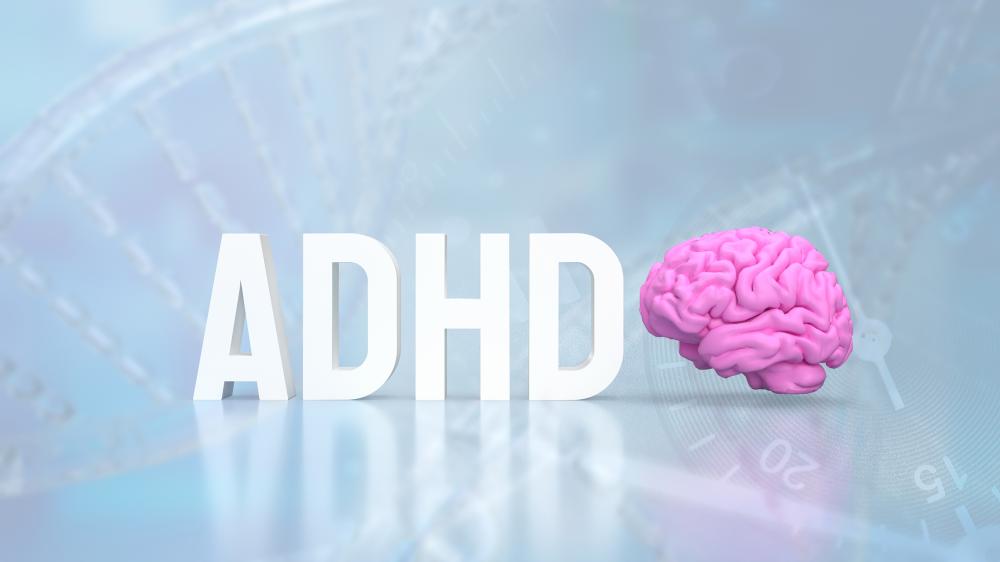Adhd App

Understanding ADHD and the Role of Technology
Living with Attention Deficit Hyperactivity Disorder (ADHD) is akin to having a whirlwind inside your mind, where thoughts and impulses swirl, making focus and organization seemingly elusive goals. Amidst this chaos, technology, particularly in the form of the right adhd app, emerges as a beacon of hope. Our organization, WatchMinder, was conceived from the desire to harness this technology, offering tools that can significantly improve the lives of those with ADHD.
The core of our mission lies in the understanding that ADHD isn't a limitation but a different way of interacting with the world. This perspective shapes our approach to creating and recommending resources like adhd apps that cater to the unique needs of individuals with ADHD, enhancing their ability to manage time, focus on tasks, and maintain a structured daily routine.
The Benefits of Using ADHD Apps
Personalized Reminders for Daily Tasks
One of the transformative aspects of the right adhd app is its ability to send personalized, discreet cues. For individuals struggling with time management or remembering daily tasks, these reminders can be a game-changer. By setting specific alerts for tasks or medication, users can maintain independence and control over their day with minimal external assistance.
Behavior Modification Through Self-Monitoring
Another significant advantage is the role of adhd apps in behavior modification. By setting goals and monitoring progress, individuals can see tangible improvements over time. This not only reinforces positive behavior but also boosts self-esteem and motivation. It's about creating a cycle of positive reinforcement, where each achievement sets the stage for the next.
Choosing the Right ADHD App
Not all apps are created equal, especially when it comes to managing a complex condition like ADHD. The effectiveness of an adhd app lies in its ability to be customizable, user-friendly, and aligned with the unique challenges faced by the individual. It's essential to select apps that offer flexibility in setting reminders, tracking behavior, and providing feedback in a way that resonates with the user.
In our experience, apps that combine several functionalities -- reminders, task managers, and behavior tracking -- tend to offer the most comprehensive support. They not only assist in managing day-to-day tasks but also contribute to long-term behavioral goals, ultimately leading to a more organized and focused life.
WatchMinder: The Ultimate ADHD App
At WatchMinder, we've taken the concept of the adhd app a step further. Our vibrating wristwatch offers a discreet yet effective way to provide reminders throughout the day. Invented by a child psychologist, the WatchMinder was designed with the challenges of ADHD in mind. It's not just an app; it's a wearable piece of technology that integrates into the user's life seamlessly.
What sets the WatchMinder apart is its simplicity and adaptability. It's programmable, allowing the user to set specific reminders for tasks or behavior cues. This means that whether you're a student who needs to focus on an upcoming exam or an adult managing a busy work schedule, the WatchMinder can be customized to meet your needs.
Real-Life Impacts of ADHD Tech Tools
Improved Time Management
One of the most immediate benefits users notice is a significant improvement in time management. The ability to set multiple reminders throughout the day helps in breaking down tasks into manageable chunks, reducing overwhelm and enhancing productivity.
Increased Independence
For children and adults alike, the WatchMinder fosters a sense of independence. It's incredibly rewarding to hear from parents who've seen their children take control of their schedules and responsibilities, thanks to our device. This independence not only relieves some of the burdens on caregivers but also empowers the individual with ADHD.
Integrating Apps into ADHD Management
When integrating an adhd app or tool like the WatchMinder into one's life, consistency is key. It's about creating a habit, where the use of the device becomes a natural part of the daily routine. Start with setting a few important reminders, and gradually add more as you become comfortable. Remember, the goal is not to become dependent on technology but to use it as a tool to enhance your capabilities.
Engaging with communities or professionals who understand ADHD can also provide valuable insights into making the most out of these technologies. Sharing experiences, tips, and success stories can inspire new ways to use these tools effectively.
Future Directions in ADHD App Development
As technology evolves, so too does the potential for new and innovative adhd apps that can further transform the lives of those with ADHD. We are constantly exploring new features, feedback mechanisms, and integration with other devices to enhance the user experience. The future holds the promise of even more intuitive, personalized, and user-friendly tools that can cater to the diverse needs of the ADHD community.
It's an exciting time for technology in the realm of ADHD management. Through devices like the WatchMinder and other adhd apps, we're not just offering support; we're opening the door to a world of potential where individuals with ADHD can thrive, not despite their challenges, but because they have the tools to harness their unique strengths and perspectives.

What is the best ADHD app?
From our perspective at WatchMinder, while we're proud of the role our vibrating wristwatch plays in managing ADHD, we recognize the importance of a holistic approach. The "best" ADHD app depends greatly on the individual's specific needs, age, lifestyle, and the particular challenges they face with ADHD. However, we've found that apps combining reminders, task managers, and behavior tracking provide a comprehensive support system. They empower users to manage their time effectively, stay focused on tasks, and achieve their behavioral goals. It's all about finding an app that resonates with you personally--one that feels like it's been tailored to your life and your challenges.
What is the best lifestyle for someone with ADHD?
Living with ADHD requires a lifestyle that accommodates and supports one's unique needs. A structured routine, paired with flexibility to adjust when necessary, is key. Incorporating regular physical activity, maintaining a balanced diet, ensuring adequate sleep, and practicing mindfulness can significantly benefit individuals with ADHD. Furthermore, using tools like the WatchMinder can enhance this lifestyle by providing discreet reminders and cues to help manage daily tasks and responsibilities. It's also beneficial to create a supportive environment around you, whether that's through understanding friends, family, or joining communities of individuals navigating similar challenges.
How do you stimulate the brain for ADHD?
Stimulating the brain for ADHD involves engaging in activities that boost brain function and encourage neural growth. Techniques such as mindfulness meditation, targeted exercises like yoga or martial arts, and cognitive exercises can be highly beneficial. Activities that promote executive function skills--such as planning, organizing, and prioritizing--are particularly effective. In addition, leveraging technology like the WatchMinder can aid in reinforcing positive behaviors and maintaining focus on tasks. Think of it as a form of external stimulation that supports internal growth and learning.
How can I control my ADHD without medication?
Controlling ADHD without medication is possible through a combination of behavior modification techniques, lifestyle adjustments, and the use of supportive tools like the WatchMinder. Establishing a consistent routine, utilizing organizational tools, and setting realistic, achievable goals can make a significant difference. Additionally, practicing mindfulness, engaging in regular physical activity, and ensuring a diet rich in nutrients that support brain health can also help mitigate the symptoms of ADHD. Remember, it's about finding what strategies work best for you and being open to adjusting your approach as needed.
What are some common misconceptions about ADHD apps?
One common misconception is that ADHD apps are a one-size-fits-all solution. In reality, the effectiveness of an ADHD app can vary greatly from one individual to another based on their unique needs and preferences. Another misconception is that using such apps makes individuals too dependent on technology, whereas the goal is to use these tools to enhance personal capabilities and independence. At WatchMinder, we believe in leveraging technology as a means to empower individuals, allowing them to harness their unique strengths and navigate their challenges more effectively.
How can integrating technology into ADHD management improve daily life?
Integrating technology into ADHD management, such as through using the WatchMinder, can transform daily life by providing structure and consistency. It offers a discreet way to receive reminders for tasks, medication, or behavioral cues without drawing unwanted attention. This can lead to improved time management, increased productivity, and a greater sense of independence. Moreover, technology enables the tracking of progress over time, offering tangible evidence of improvement and areas that need attention. Ultimately, it's about using technology not as a crutch, but as a tool that complements personal strategies for managing ADHD.
ADHD Resources
- Centers for Disease Control and Prevention (CDC) - ADHD Information - Find authoritative information on ADHD, including symptoms, diagnosis, treatment, and resources for individuals and families.
- Child Mind Institute - Parent's Guide to ADHD - Access a comprehensive guide for parents of children with ADHD, covering topics such as behavior management, educational support, and treatment options.
- National Institute of Mental Health (NIMH) - ADHD Overview - Explore research-based information on ADHD from the NIMH, including the latest advances in diagnosis and treatment.
- ADDitude Magazine - Get expert advice, resources, and support for ADHD from ADDitude Magazine, a trusted source for individuals, parents, and professionals.
